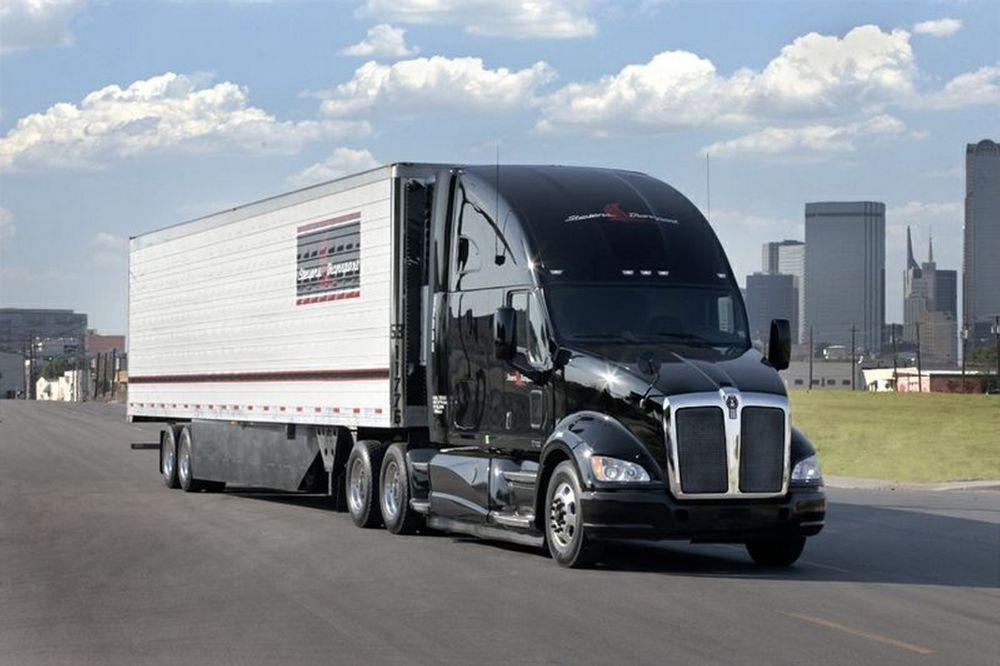Only a small number of truck driver jobs, if any, will be affected by the rise of commercial vehicle automation, according to a report from the American Center for Mobility (ACM).
The study did note there may be displacement among passenger car-based driving jobs, like taxi drivers, by the late 2020s, when greater numbers of autonomous vehicles are expected to be deployed.
When it comes to commercial trucking, however, automated technology would largely support truck drivers instead of replacing them.
The report concluded truck drivers are not likely to be displaced in large numbers during the next ten years the study covered.
Commissioned by the ACM, led by Michigan State University (MSU) and supported by Texas A&M Transportation Institute (TTI), the research also found limousine drivers and bus drivers, who offer services requiring face-to-face interaction or passenger assistance, are less likely to be displaced by AVs.
Based on the report’s findings, the ACM recommends identifying the specific skillsets needed by the automotive and technology industries to facilitate the creation and adoption of AVs.
The ACM is offering to support rapid coursework and training that meets those specific needs, and noted that long-term, it would be important to define, develop and deliver targeted training for those drivers.
The organization also called for additional research to capture the input of vehicle operators in different verticals regarding the type of training they want.
“Automated vehicle technology could incorrectly be viewed as a change that will eliminate driving jobs; however, the more nuanced assessment is that over the next decade the innovation will foster broader societal changes resulting in shifts in the workplace and workforce demands,” Shelia Cotten, MSU Foundation Professor at Michigan State University, who led the research, said in a statement.
Cotten noted that this level of advanced technology has the potential to lead to the creation of thousands of new jobs in the engineering, data analysis, cybersecurity and vehicle monitoring areas.
The research also indicated motor vehicle manufacturers and technology firms working in the AV space are already finding it difficult to hire enough workers with certain technology skillsets.
The ACM noted that as self-driving vehicles begin to proliferate, maintenance and certain adjacent occupations will need to evolve and expand.
The report was funded by the ACM, Waymo — the self-driving vehicle division of Google parent company Alphabet — the Toyota Research Institute and the AARP (formerly American Association of Retired Persons).
Within a mere three years, the worldwide market for self-driving trucks could run into more than $1 billion, an April Allied Market Research report found.
Indeed, by 2025 the market for these autonomous vehicles may reach almost $1.7 billion, representing a compound annual growth rate (CAGR) of 10% between 2020 and 2025, according to the study.
Key players in the global market for self-driving (also known as robotic) trucks include BMW, General Motors, Volvo, Daimler, Tesla, Waymo, Toyota and Volkswagen.
— Nathan Eddy is a filmmaker and freelance journalist based in Berlin. Follow him on Twitter.
By Nathan Eddy
Source: https://www.tu-auto.com
CUT COTS OF THE FLEET WITH OUR AUDIT PROGRAM
The audit is a key tool to know the overall status and provide the analysis, the assessment, the advice, the suggestions and the actions to take in order to cut costs and increase the efficiency and efficacy of the fleet. We propose the following fleet management audit.




